The first step to success is a business idea. It is only with each subsequent one that the real, continuous work begins - building the brand. Branding is the company's DNA. It is to inform your customers who you are. It is to show what you offer, what they can expect from you. Branding explains why they should cooperate with you. Branding determines a specific purchasing decision. Effective branding makes it a yes decision.
What will you learn from the article?
Have you ever wondered why some brands become almost cult-like while others get lost in the crowd? The secret is in the branding. Branding is more than just a logo or color scheme; it is a way in which a brand communicates its values and builds a bond with consumers.
What makes branding so important? First of all, it helps you stand out on the market, building recognition and loyalty. Thanks to effective branding, customers not only recognize your products, but also associate them with specific values and emotions. It is these emotions that keep consumers coming back for more, becoming de facto brand followers.
Is it worth investing in branding? Absolutely. An investment in branding is an investment in the long-term development of the company. A properly managed brand can bring a return on investment that will exceed your wildest expectations. After all, a well-managed brand is not only a marketing tool, but also capital that grows with each satisfied customer.
So how do you use your brand to its full potential? You will learn about all this from our article. We invite you to read!
Product – brand – branding
Anything can be a product. Everything that can be offered to the market to meet the needs. These can be physical goods, services, experiences, events, places, properties, as well as information and ideas. Many products look the same at first glance. Example? Water. It is always fluid and transparent. So how can different companies sell the same product? However, they still manage to convince people to buy specifically the one they offer, rather than the competitive one? The answer is: creating a brand.
What is a brand?
“A brand is a name, term, design, symbol, or any other characteristic. It identifies the good or service of one vendor as opposed to the goods or services of other vendors ”(American Marketing Association).
A brand is not only a sign of goods, but a product in itself. This is the company's most valuable asset. While the product can be copied by other players on the market, the brand will always be unique. Brands live in people's thoughts. They live in the minds of everyone who experiences their presence: employees, investors, media and - most importantly - customers. A brand is more than a name, term, design or symbol - it is the feeling that the very thought of a product, service or company evokes.
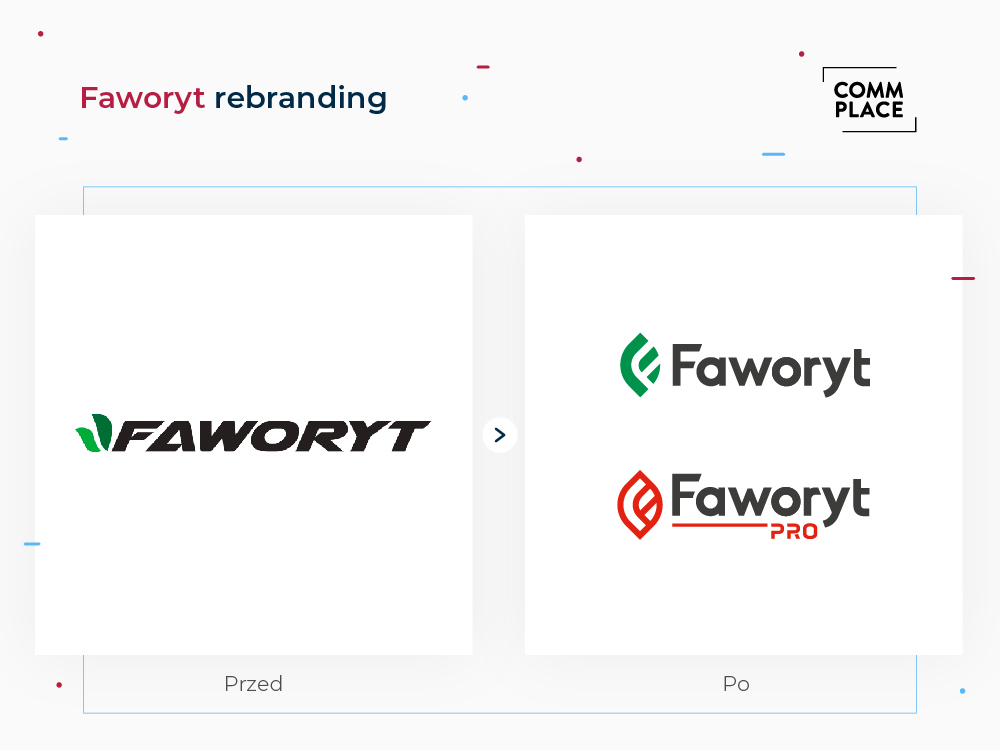
Your brand is a collection of emotions and ideas. Collections that are built around the company and communicated to customers through a series of visual and verbal cues. Figuratively speaking, brand is a noun and branding is a verb - deliberately creating a way of perceiving the brand. It is any action taken to shape its perception. Branding, one of the most important factors in a company's success, is a promise made to customers.
What do people say and think about your company? What emotions does it evoke in them?
This is your brand and you have the opportunity to shape its value. We will help.
What is branding?
Without branding, your company is just one of many. Branding is the art of seduction, in which, along with all possible marketing techniques and methods, intelligence, charm, instinct and intuition also count.
The human brain can hardly see the difference between perception and reality. What he perceives as real. This is where the real power of branding lies. If branding can shape perception, and we consider perception real, which means branding has the power to shape reality. It has been scientifically proven that customer opinions and perceptions, even unconscious ones, translate into specific behavior. Effective use of the ability to create reality among customers means a real impact on their purchasing behavior.
Customers are associated with brands not only for physical products or services provided by companies. They also do it because of the emotions they feel when they think about the company. Emotions that branding can help create. Ask yourself: what do people say and think about your business? What emotions does it evoke in them? This is your brand and you have the opportunity to shape its value. Don't leave it to chance.
Branding is the process of giving meaning to a specific organization, company, product or service by creating and shaping a brand in the minds of consumers. It's a strategy to help them quickly identify and learn about your brand, and give them a reason to choose your offering over your competition. It is absolutely critical to the company because of the overall impact it has on it.
Branding can change the way people perceive a brand, increase brand awareness among consumers, help launch a new product or service.
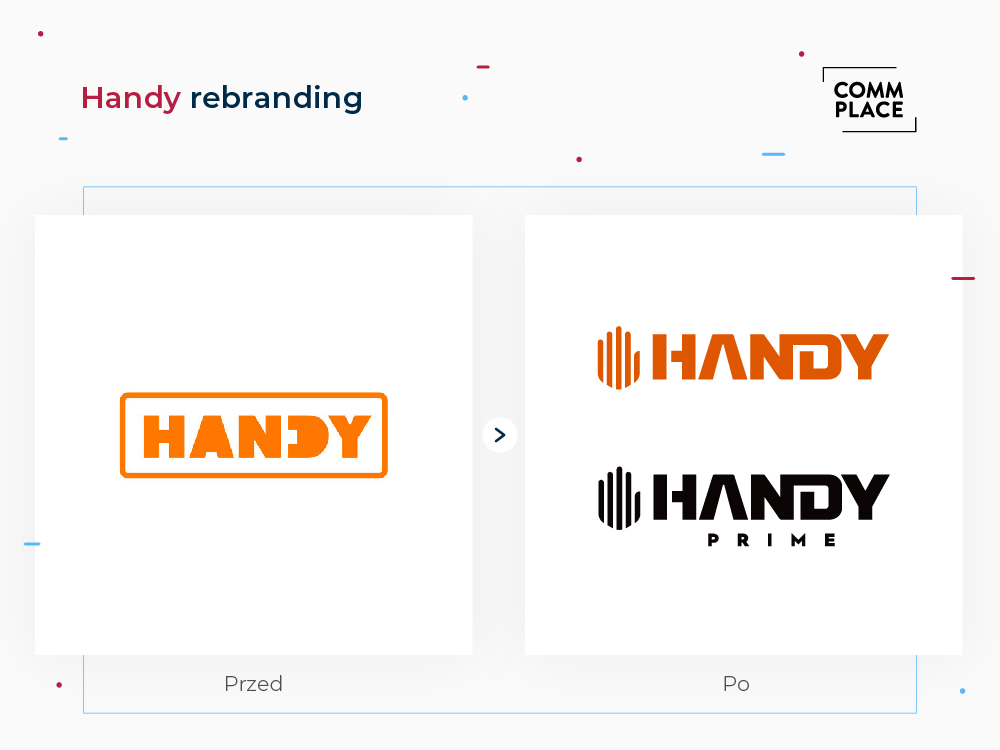
Why is branding important?
1. Generates new customers. If your brand is strong and trusted by customers, it is automatically recommended by them among other consumers. It is hard to find a more effective advertising of the company.
2. It improves the satisfaction of your employees. An employee who strongly identifies with the brand will be happier and more proud of the work they do. The feeling of belonging to the company, identification with its goals is a simple recipe for sales success.
3. Well-planned branding helps your company build trust with consumers and potential customers. People are more likely to deal with a company that has a polished and professional image. Proper branding puts your company in the role of industry experts. Thus, it makes consumers believe that they can trust the company, the products and services it offers, and the way they do business.
5. Helps you stand out from the competition. It doesn't matter what kind of business you have, what industry or what type of clients you are looking for - if you run a business, you have some serious competition. Branding helps identify what makes you different, special, and unique, and shows customers why they should work with you instead of the competition.
6. Builds brand recognition. If you want to build a successful brand, you have to be recognizable. Proper branding (including designing an effective logo, website and other brand resources) helps to create a distinct style and increases brand recognition in the market.
7. Creates a consistent brand experience for customers. For your business to be successful, you need to provide a consistent experience for your customers, regardless of how they interact with your brand - be it through your website, in-person contact, or by following your social media accounts. Branding allows you to control how people perceive and embrace your brand and ensure that perceptions and experiences remain consistent.
8. Turns consumers into loyal customers. The most successful companies enhance the emotional contact with their audience that transforms the consumer into a customer and the customer into a brand enthusiast. How do they create and build this bond? By applying branding. Various branding strategies can help you connect with your audience at a deeper level and create a sense of brand loyalty.
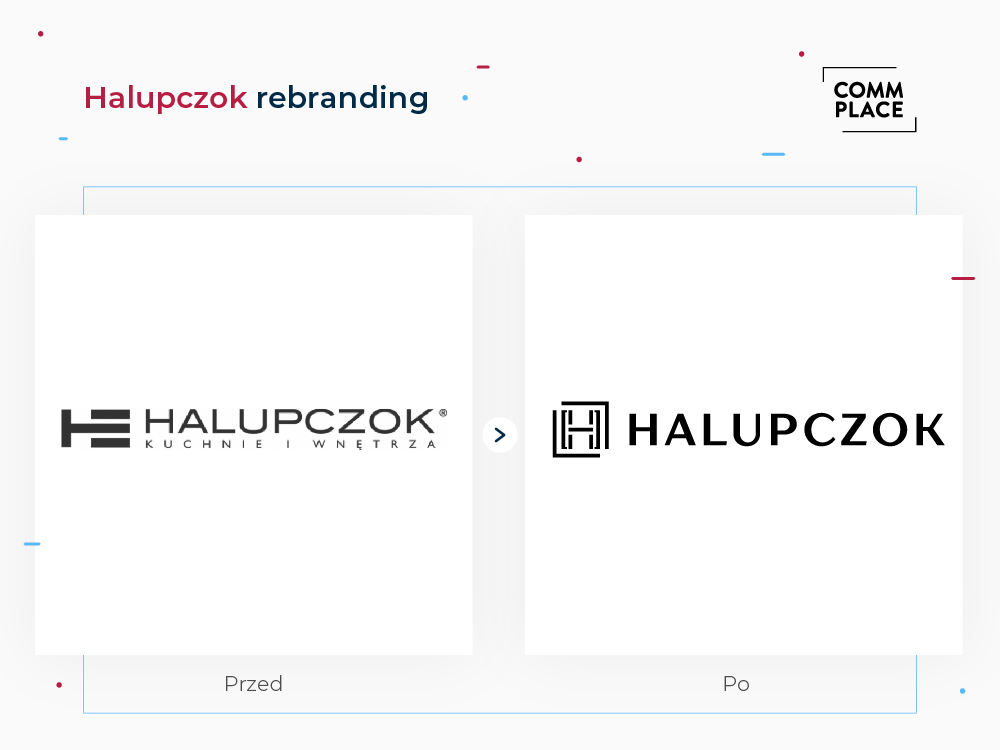
Why is it important what values are associated with the brand?
Because 56% consumers remain loyal to the brands they become customers, and up to 89% customers are loyal to brands that share their values. If your brand's core values align with those of your customers, you can count on them to buy your products and services again. What's more, as many as 94% people declare that they will most likely recommend a brand in which they are emotionally involved, which means that without any additional actions and costs, you will increase your profits!
Is branding an investment with a guaranteed return?
Branding is a long-term strategy, calculated to bring tangible profits throughout the life of the company. The effects of this strategy can be seen in all critical areas:
- attracts ideal customers - thanks to in-depth interviews, focus groups and online surveys, branding allows you to precisely define the customer profile in line with the company's goals and values. Such knowledge allows you to create unique marketing content and direct it precisely, directly to your ideal customers. Perfect, meaning those who are more likely to buy what you sell.
- increases marketing effectiveness - if you take care of brand consistency and the appropriate way of communicating about it, your marketing activities, following the covered strategy, will also be consistent. Branding, thanks to targeted action and targeting the most valuable customer segment with the message conveyed by the brand, allows the company to create a permanent market position.
- facilitates sales - building brand awareness and its good location significantly relieves the sales team, because a large part of their work was done by branding long before contacting potential customers.
- it allows to sell more expensive - in line with the principle that customers do not buy products, but buy brands. This is clearly visible, for example, in the automotive industry. By successfully building your brand, your company can become an industry leader by offering unique values that none of your competitors can offer. Achieving this status allows you to charge higher prices for your goods or services.
- increases business value - it is no secret that stronger brands achieve better financial results. Why? Because the companies behind them do not underestimate the power of the brand. In the case of listed companies, it can have a positive effect on the share price. In the long-term perspective, thanks to branding, the company is worth much more over time than when it was founded. Example? Facebook's capitalization in January 2020 reached $ 621.85 billion.
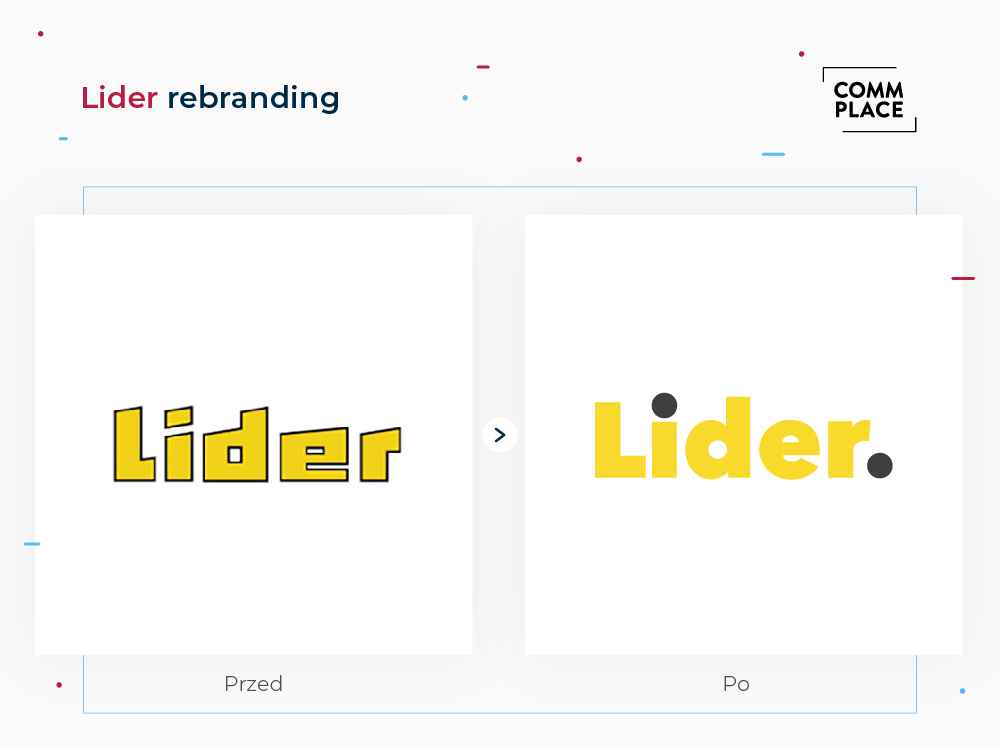
How use the brand's potential?
Essentially, products have a limited life cycle, but brands, if properly managed, can go on forever. The more precisely defined the brand's mission, vision and values, the easier it is to promote it. Until you are sure how your brand should be perceived, your brand image can appear inconsistent and confusing.
Did you know that the consumers' 82% is more positive about the brand that provides unique content, and that the 61% is more likely to buy from such companies?
The vast majority of people feel positive emotions after reading the content published by the brands they observe. In addition to ensuring the well-being of your customers, the one-of-a-kind content will inspire them to make a purchase. Statistics show that customers are more likely to buy products and services from brands that have a unique voice and share their content on a regular basis.
The 94% shows brand loyalty to customers with complete transparency
A consumer behavior survey of 2,000 respondents suggests that people are much more loyal to brands that communicate transparently about different aspects of their business.
People need an average of 5 to 7 impressions to remember a brand
You need to show your brand so people can recognize it. In a deluge of information, people need to see your logo more than 5 times to be able to link it to your business. Using social media and professional branding techniques allows you to send a consistent but dynamic brand message to consumers every day.
The 73% is loyal to the consumer brand due to its helpful customer service
A brand is made up of the sum total of people's experiences in your company. Friendly and helpful customer service has a huge impact on making a positive impression on customers, with nearly three-quarters of them saying that that's why they love a particular brand.
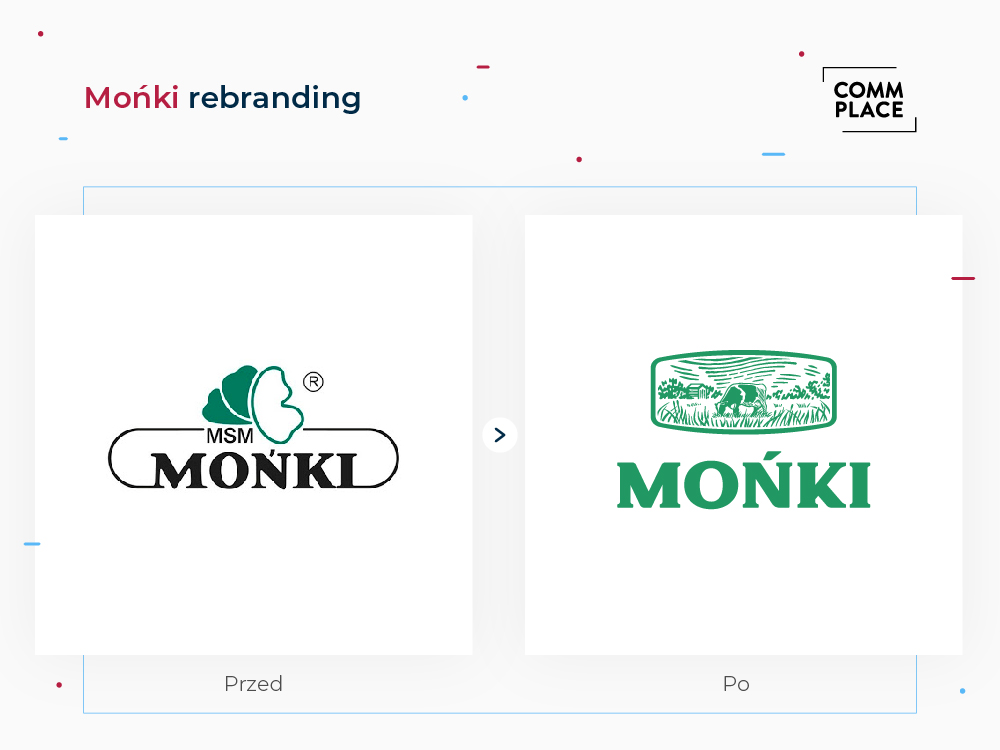
13% consumers would pay 31-50% more for your products or services if they felt your business had a positive impact on the world
The impressions and emotions evoked by the brand matter, there is no doubt about it. But did you know how much you can gain by identifying and promoting the values that consumers consider most important? When a company cares about the environment, consumers don't mind paying more for its products or services - up to 50% more in some cases.
It only takes 10 seconds for people to comment on the logo
There are many criteria for a good logo. It has to be simple but effective. It must be unique, and associating it with your brand must be child's play. Above all, however, it must draw consumers' attention for 10 seconds so that they can remember it.
Color improves brand recognition by up to 80%
Consistent use of a single color palette for logos, products, digital content and promotional materials can increase brand recognition by up to 80%. As a result, customers seeing the logo or product are able to correctly identify the brand.
Consistent branding across all communication platforms can increase revenue by up to 23%
The importance of brand recognition comes down to higher revenues. If your product packaging, social media posts, website, and promotional materials all send a unified message about your brand identity and its core values, chances are your customers will make a purchase.
64% for women and 68% for men feel an emotional connection with the brand
Strong branding evokes emotions and no one is immune to it. Interest, trust, and optimism are the three most important feelings people feel about their preferred brands. If you arouse such feelings thanks to the products on offer, you can gain loyal customers.
59% buyers prefer to buy new products from brands they trust
Investing in branding activities will help you bring new products to the market. If you have earned the trust of your customers beforehand, you will have no problem introducing new product lines, as your existing customers' almost 60% will be happy to try them out.
Do you hesitate whether it is worth investing in branding and will it help in sales?
The answer is simple - almost half of consumers are loyal to the brands they love. Exactly the 43% of customers spends more money on the products / services of the brands to which they are loyal. This means that if you apply branding, customers are spending more money on your products than on competitors' products.
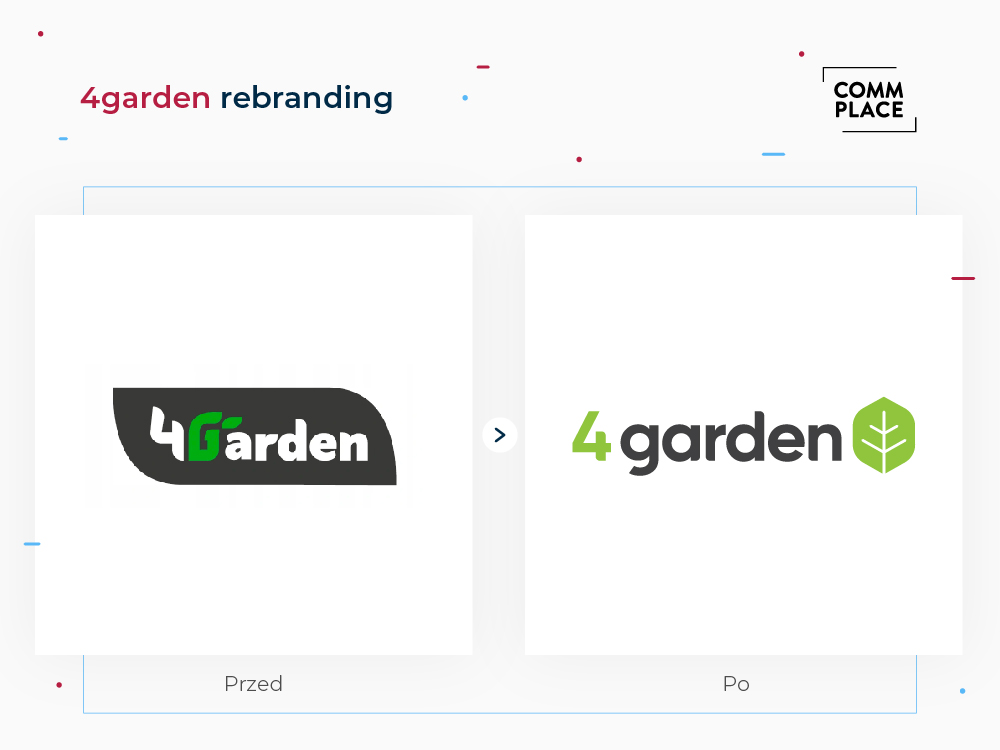
Worth knowing:
What is branding?
Branding is an activity that determines the identity and image of a given company. In this case, it is not only about the logo or name, but also about the way the company presents itself on the market. Effective branding increases recognition and builds customer trust. Why is it so important? In the era of increased competition in every industry, properly designed and implemented branding can be the difference between success and failure. By developing the brand, we gain an advantage over others and increase our value on the market.
What is product branding?
Branding is one of the most important elements of the success of any product. By building its image, the brand gains recognition, customer loyalty and increases the value of products. Product branding can include many elements such as a logo, packaging, tagline, unique brand voice and specific values that the company stands for. The key to success in today's competitive marketplace is using a branding strategy that will set your brand apart from others. Thanks to solid and consistent branding, your brand will be associated with quality, innovation and commitment to social development.
What is personal branding?
Personal branding is the art of creating your image and building your brand as an expert. As in the case of a business brand strategy, personal branding focuses on defining your value and uniqueness, and presenting your image in a consistent and coherent way. It is important to stay true to your values while adapting your image and message to specific needs and situations. The key to success in personal branding is authenticity, consistency and understanding of your target audience.

